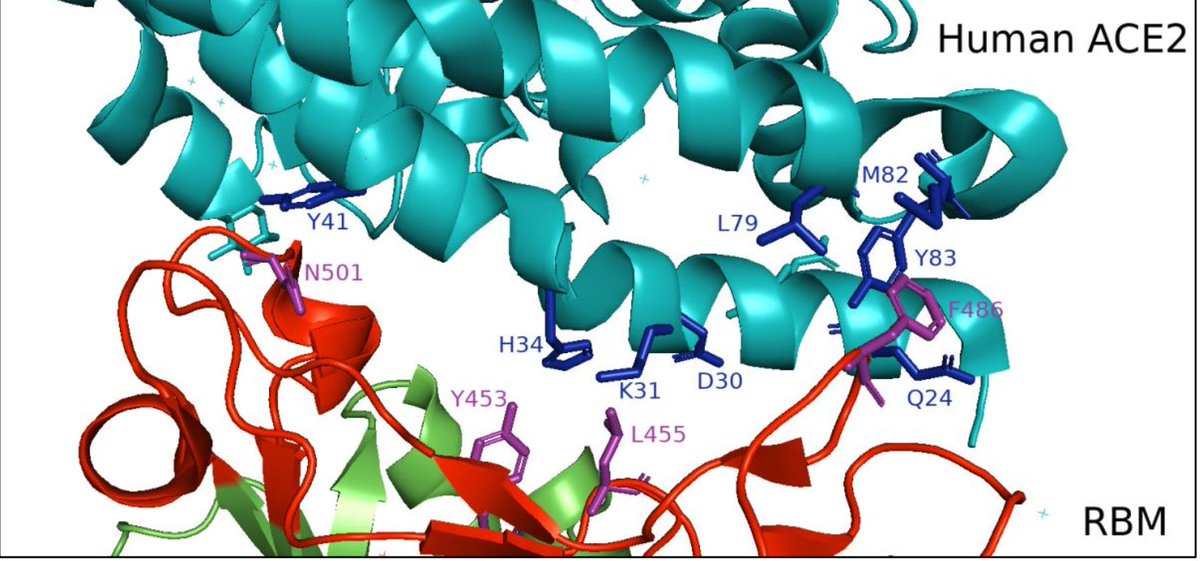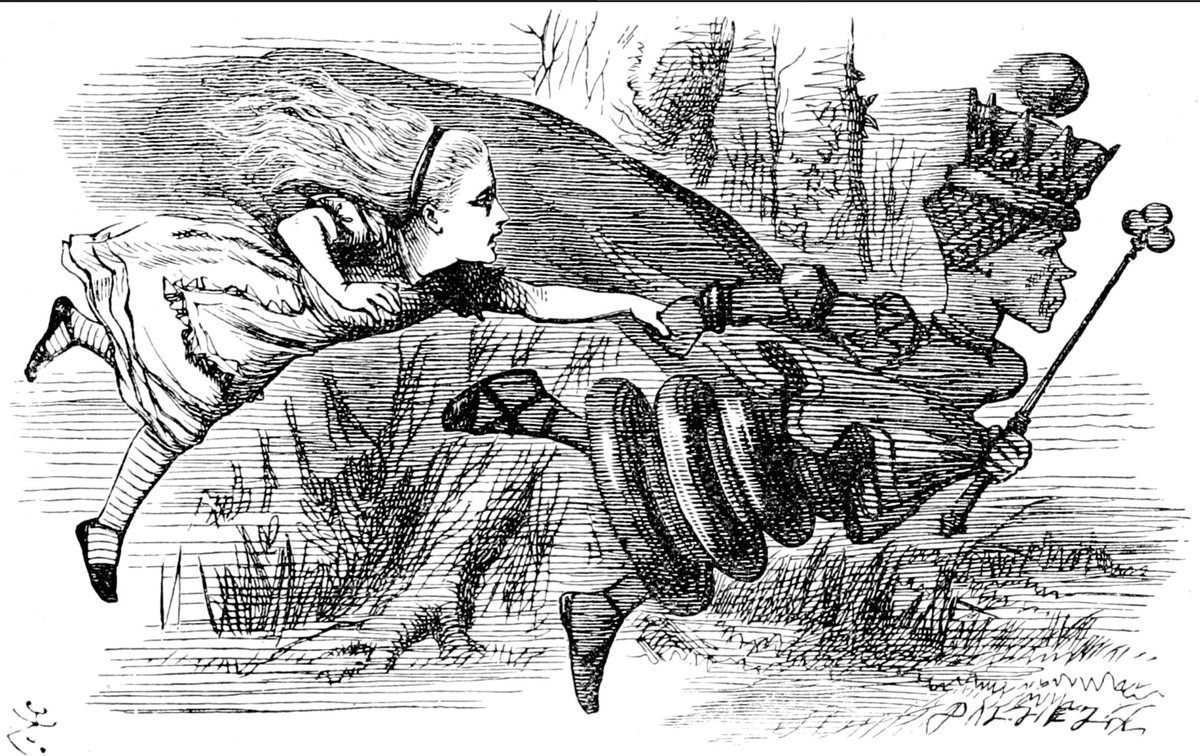The news on #SARSCoV2 vaccines is highly encouraging. There are now 4 vaccines that seem safe and highly effective; two mRNA vaccines (Pfizer and Moderna) and two adenovirus ones (ChAdOx and Sputnik V), even if the numbers remain small in particular for the latter.
1/
1/
Both mRNA and recombinant adenovirus vaccines are based on novel technologies, which in itself is not a necessarily a safety problem. What they have in common is that they focus exclusively on the S (spike) protein of the virus.
2/
2/
The exclusive focus on the S protein is understandable insofar the objective is to produce vaccines that block infection (transmission) rather than just reduce symptoms. This can only be achieved by eliciting & #39;neutralising antibodies& #39;.
3/
3/
The viral S protein comprises a receptor binding motif (RBM) which binds to host cell receptors (ACE2), and allows the virus to enter the cells and replicate. This can be viewed as a & #39;lock and key& #39; system.
4/
Image source: https://www.biorxiv.org/content/10.1101/2020.11.16.384743v1.abstract">https://www.biorxiv.org/content/1...
4/
Image source: https://www.biorxiv.org/content/10.1101/2020.11.16.384743v1.abstract">https://www.biorxiv.org/content/1...
Neutralising antibodies are the ones that bind to the S protein RBM (the key), like little pieces of bubble gum that preclude it to enter the lock (ACE2 receptor), and hence interdict entry in the cell and eventual replication of the virus.
5/
5/
Other antibodies bind elsewhere on the virus and are useful for triggering the immune defence that allows controlling the infection, but not for blocking it from the start. Then there is cellular immunity (T-cells).
6/
6/
I personally suspect the mRNA vaccine technology has more long run potential for #SARSCoV2 for a series of reasons. One limitation of the adenovirus technology is that the host can mount an immune response to the vector.
7/
7/
The issue around an immune response to the adenovirus vector was foreseen and is the reason why the Russian Sputnik 5 vaccine uses two different vectors for the first (prime) and second (boost) inoculation.
8/
8/
The higher efficacy of the ChAdOx vaccine when the first shot was - somewhat farcically - inoculated at 30% of the dose might be linked to the host mounting a response to the vector (though the ~70% and ~90% effectivenesses are probably not statistically different).
9/
9/
Lasting immunity to the adenovirus vector could be a problem. It would preclude effective revaccination with the same vector, which may be needed if as expected & #39;vaccine-escape& #39; mutant strains will eventually appear through mutations in the S protein.
10/
10/

 Read on Twitter
Read on Twitter



